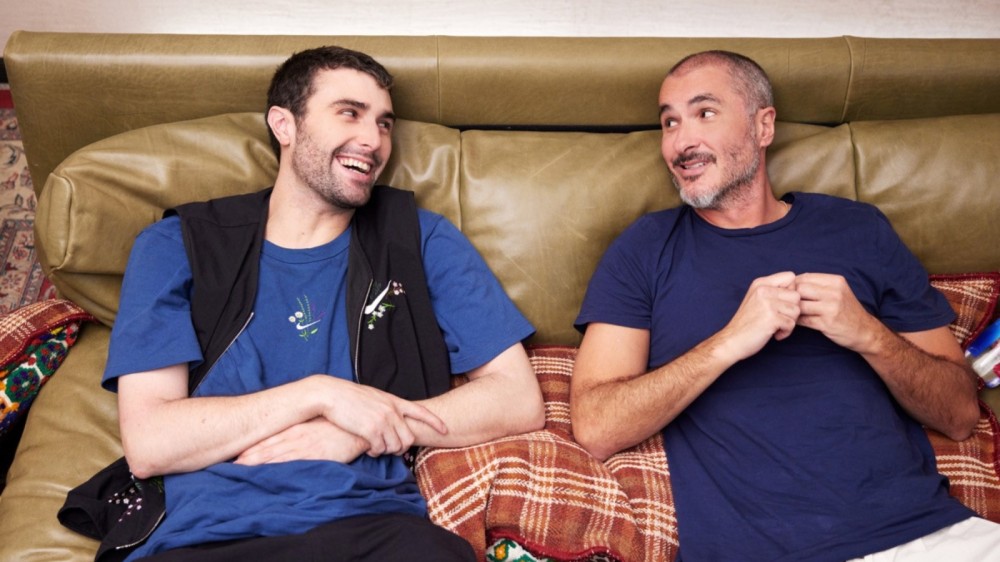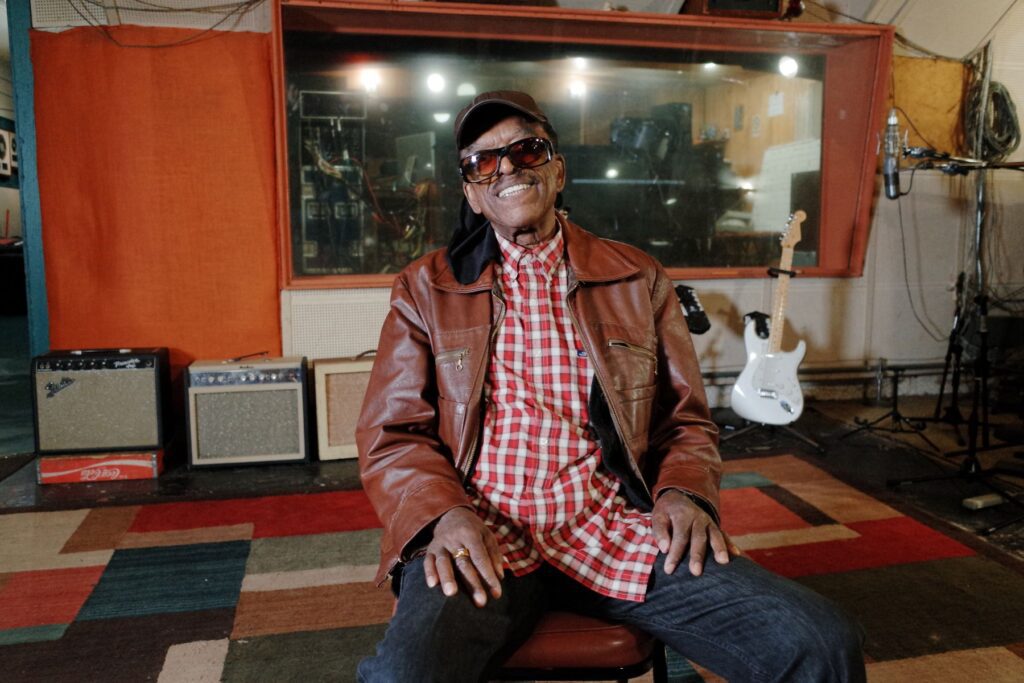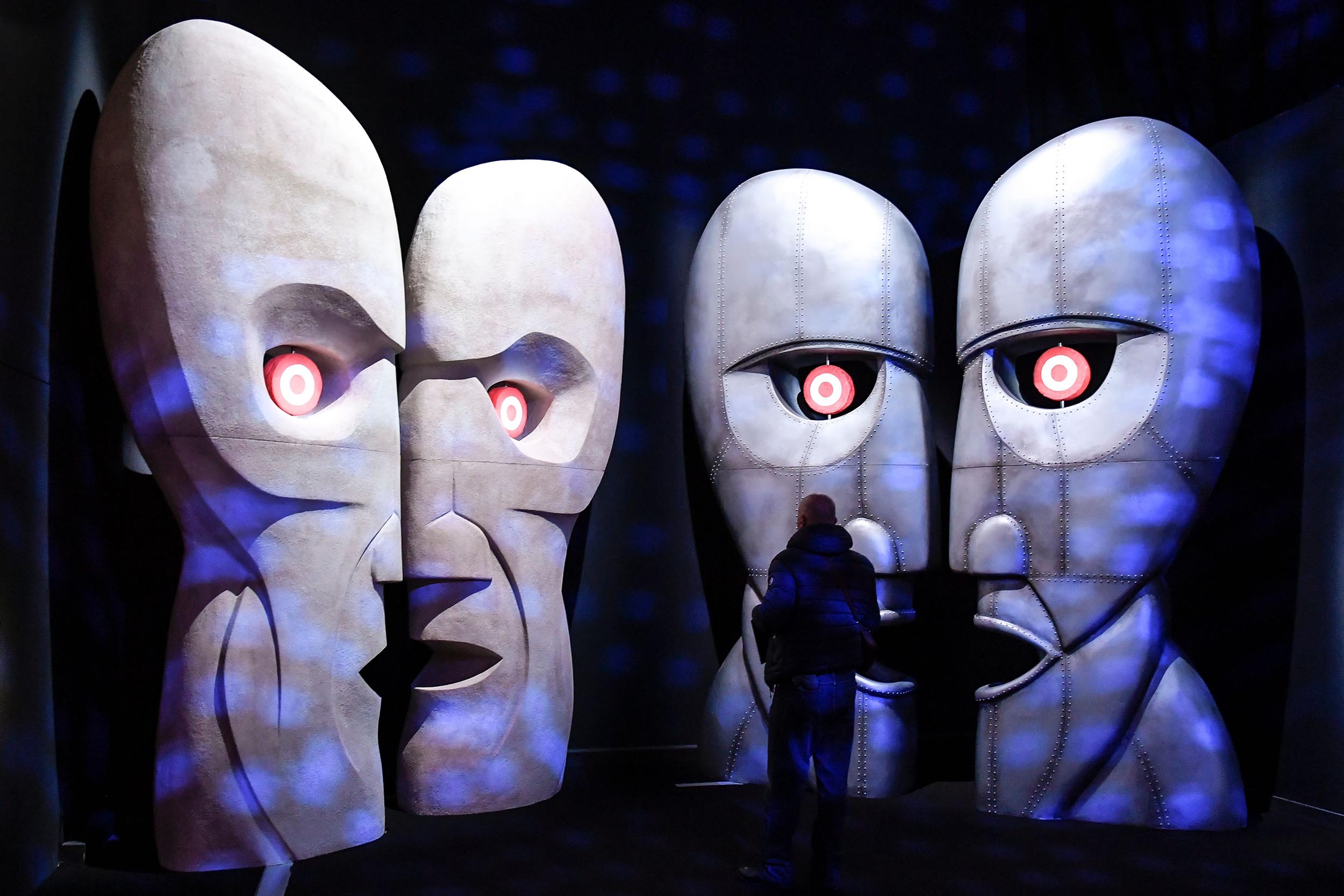Jesse Malin on New York’s Club Crisis: ‘Very Few Venues Are Going to Be Able to Survive’
Jesse Malin is a New York City staple, as ubiquitous as a Duane Reade. But the solo artist and member of bands like D Generation and Heart Attack also quietly co-owns and operates a number of bars in the city. As such, he’s seen firsthand the financial, cultural, and human toll that the pandemic is having on New York’s bar and live-music culture. To help cover costs at his businesses, as well as pay his band and crew, Malin has been performing weekly full-band livestreams from his club Bowery Electric; on Thursday, he’ll play his latest album, Sunset Kids, in full. In a new essay, Malin writes about the challenges facing bars and clubs.
On St. Paddy’s Day, 2020, all of the nightclubs in downtown New York City that I’d started many years ago with a few of my musician pals were indefinitely shut down. I had to let go of almost a hundred employees and cancel all of the live shows.
Bowery Electric, Berlin, Lola, and Niagara — we began all of them with the fantasy of creating a clubhouse like Sinatra might have had, with some New York punk rock in there too. I’ve always tried to put something back into the scene that I came out of. We put on shows with great sound, loud monitors, clean dressing rooms with bathrooms, cold beer, and more. A place where artists can hone their craft, build an audience and grow. We hosted almost a hundred bands a week at four different clubs.
Bars and nightclubs were the first to close, and will be the last to reopen, with no help from the government. The rent and bills are still due — for us, it’s close to $40,000 a month for each venue — so we’ve been raising money through GoFundMe, and some wonderful friends have made custom PMA face masks (Positive Mental Attitude).
Very few venues are going to be able to survive being closed this long. And even if they can brave the financial shit storm and eventually reopen, it would be close to impossible to pay the bills at the 25–50% capacity, let alone pay the artists what they require.
We need real financial help from the federal government, like they just did in Britain with the $2 billion dollar bailout. The government needs to acknowledge that the arts are essential to our culture, community and growth.
On March 14, 2020, I found myself leaving London on one of the last flights out of Heathrow Airport. The night before, I had just played one of my favorite shows of all time, at the Omeara Club. I was in the middle of a tour with at least a hundred more shows to go, including the Glastonbury Festival, supporting Sunset Kids, one of my most successful records to date.
The band was in top form, the shows were selling out, and even though the virus hadn’t really hit the U.K. yet — all those big, crazy English blokes were still trying to hug me and shake my hand — I had a feeling this might be our last show for a while. We played it extra hard, like we were heading to the electric chair, leaving every bit of blood, sweat, and tears on that stage, and that London crowd was right there with us.
The van from the airport dropped me off in front of my Manhattan apartment on a Saturday night, when NYC is usually going off the hook with young kids partying at full blast, but instead it was a dystopian ghost town with people panicking and stockpiling. The guys in the band and crew were getting pretty stressed about their health as well as their income. Like many musicians, we live week to week, gig to gig, and hand to mouth. A lot of the guys in my camp have kids and families to support. For a lot of us, touring and merchandise have been the main sources of lifeblood and revenue.
My manager and some close friends suggested I start livestreaming from my apartment — I can barely work a DVD player. I didn’t want to be some guy moaning into his laptop with an acoustic guitar asking for money, but eventually I gave in. I started a weekly series, “The Fine Art of Self Distancing,” a nod to my first solo album, The Fine Art of Self Destruction.
At first it, I felt like a cam girl on an adult website, awkwardly playing into my iPhone on a duct-taped tripod. What kept me going was the hope that I could raise some cash for my band and crew for the work that they’d been promised.
I tried to make it as engaging as possible, by virtually inviting everyone into my living room, telling stories, showing photos and suggesting books, records and movies to find ways to get through this. The silence between songs was deafening, though the live chat and some international cosmic mojo showed me I wasn’t alone. It was like that scene in Wings of Desire, when Peter Falk says to the angel, “I can’t see you, but I can feel that you’re there.”
As the weeks went by, I got more comfortable with this strange new gig, and was incredibly touched by the love and generosity from my audience. It even took me to places that I’d never been to before, parts of the world like Israel, Asia and South Africa, all of us going through the same thing at the same time, together as a planet.
I’ve been finding ways to keep the show uplifting. HR from Bad Brains, one of my heroes, gives a positive message every week. I resurrected the characters I’d created at airports and truck stops to keep the band laughing and break up the boredom on tour, like Bob Strauss, “Road Manager to the Stars,” and other wacky bits. To engage the audience, I started taking requests, dedications, playing full albums and cover songs. I’ve been virtually bringing in friends to “sit at the bar,” like Lucinda Williams, Debbie Harry, Brian Fallon, Jim Jarmusch, and Fred Armisen.
As the lockdown in New York City was lifted and the case numbers started to go down, we decided to play as a band — distanced, with masks, bank-robber-style — for a full-on livestream from the Bowery Electric on Joey Ramone Place, the hallowed ground near CBGB’s where I first played as a teenager.
Bowery Electric has slowly and carefully started inviting a few bands like Murphy’s Law (10 people or less, following CDC guidelines) to rehearse and broadcast their very own livestreams. We’ve been using the ticketed platform Veeps, co-founded by Joel and Benji Madden.
Even though it’s only a small fraction of the money these venues and artists would normally make, it keeps the bands going and lets the world know that we’re still alive. With a lack of human touch and limited connection, music is the heartbeat so many of us still need.
As I walk around the city, it breaks my heart to see the great places that I love going out of business. I’ve lived through blackouts, wars, serial killers, and the horror of September 11th, but I have never seen anything like this.
On the other hand, I’ve been so blessed and grateful to see the love and compassion that people have for each other right now. Rock & roll has always shown me that we are not alone. This is a time in history that future generations will look back at and wonder how we got through it. We will get through it by being safe, strong, smart and creative.
We must stick together. It’s a time to sit tight, but not sit still. We’re finding ways to overcome and make something positive out of all this. It’s kind of like that scene in Goodfellas, when they all go to jail for a little while. There are still some perks: good food, good music, and each other.
Please take action and help save independent venues by signing up and supporting organizations like the National Independent Venue Association (NIVA) and SaveOurStages.
Stay free. Stay tuned. Keep it burning.





